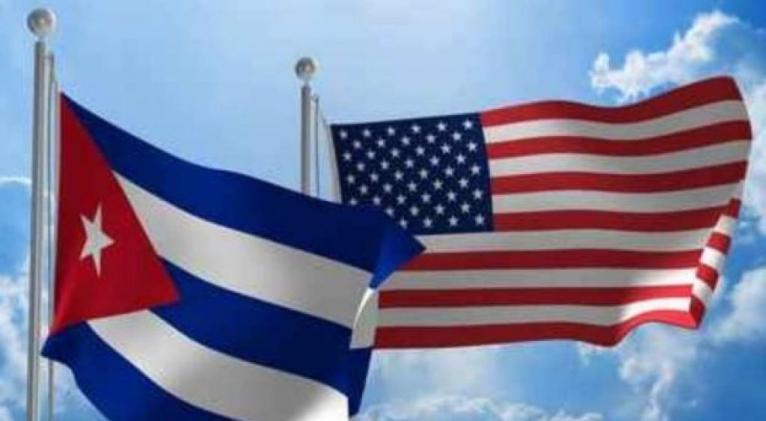U.S. should emphasize investment with Cuba, reject aggressive interventions
especiales

President Barack Obama's visit to Cuba is the latest move in a series that span his tenure in the White House, and occurs in the context of long-term hostility between the two countries. President Calvin Coolidge was the last U.S. chief executive to visit the island nation, in early 1928.
At the end of May 2015, the United States formally removed Cuba from the list of states sponsoring terrorism. This greatly facilitated interchange between the two sides. Of particular significance, banking restrictions have been lifted.
In 2009, the U.S. loosened extremely tight restrictions on travel and financial remittances. Additionally, telecommunications companies were allowed to pursue licensing agreements.
The Soviet Union, a vital subsidy source, collapsed a quarter century ago. Venezuela provides limited aid, further reduced by the rapid decline in oil prices.
Fidel highlighted a new alliance with the Soviet Union by joining Nikita Khrushchev in a 1960 visit to the United Nations in New York. The Soviet premier was wildly disruptive at UN sessions, while the Cuban delegation provided a media sideshow, based at a Harlem hotel.
The Eisenhower administration began a clandestine effort to overthrow the increasingly radical regime, including a CIA project to assassinate Castro. The successor Kennedy administration vastly escalated such efforts.
When Fidel stepped down, Secretary of State Condoleezza Rice endorsed "peaceful, democratic change" in that nation and suggested that the "international community" work directly with the people.
Obama's televised address in Cuba took a page from the playbook of President Richard Nixon, who made a radio and TV speech to the Soviet people during his historic May 1972 visit. President Dwight D. Eisenhower used such programs to his benefit during the height of the Cold War.
We should emphasize educational and family exchanges, along with trade and investment. Above all, we should reject direct attacks on the Cuba government.
In the past, Cuba has been extremely important in U.S. presidential politics. Democratic presidential nominee Senator John Kennedy fanned the flames of hostility to Castro in the 1960 contest with Republican Vice President Richard Nixon.
This year, some Republicans have strongly denounced the rapprochement with Cuba, but Republican Senator Jeff Flake of Arizona joined the Obama delegation. A bipartisan congressional delegation visited Cuba in February.
During a joint press conference with Obama, Raul Castro clearly was taken aback by blunt questions from reporters about human rights abuses. Let the questions — and the pressure — continue.













Add new comment